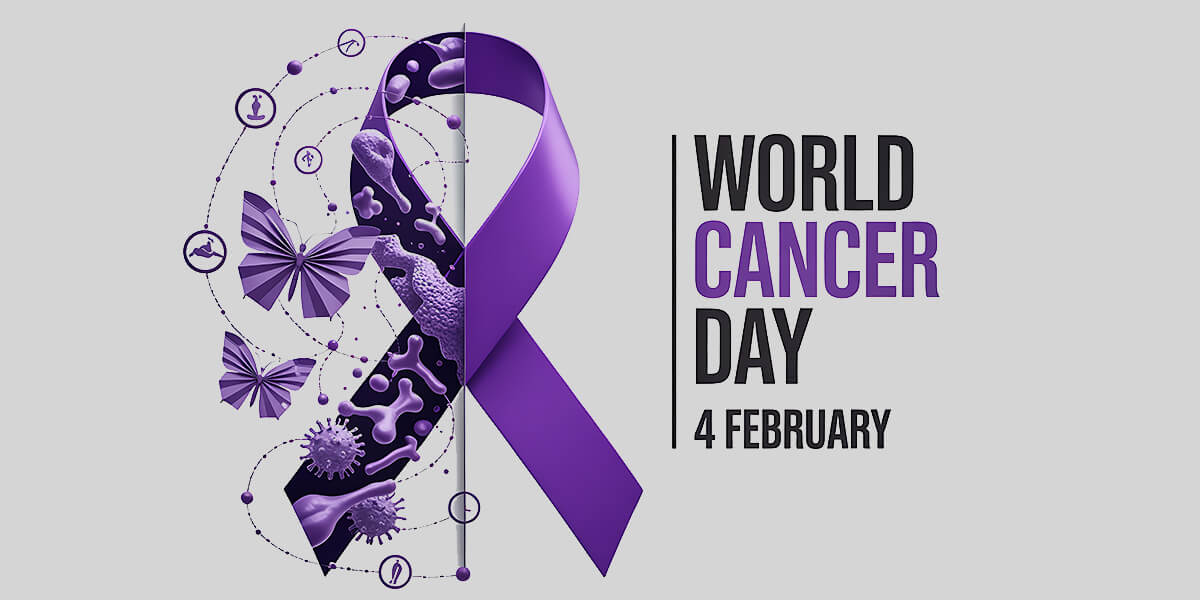Expert Comments

Parent Mental Health Day: Child-Focused Alternatives to Court for Separating Parents
Separating can be one of the most stressful experiences a parent will face. In recognition of Parent Mental Health Day, Rebecca Coates, Partner in the Family Law team, outlines child-focused...

Prenuptial Agreements and Mediation: An Expert Overview from Vanessa Friend
Negotiating a prenuptial agreement can feel daunting, but mediation offers a calm and confidential way to discuss the terms openly. Vanessa Friend, Head of Mediation, explains how mediation works in...

Duties of A Court of Protection Deputy: Finding Balance Between Best Interests and Client’s Wishes
Being a professional deputy is both rewarding and a significant responsibility. Deputies play the role the of the ultimate decision-maker for those who lack the mental capacity to make certain…

The 10-Year Period Of Reasonable Belief For Adverse Possession Re-examined In Brown v Ridley (2025)
We previously looked at the first instance decision made in Upper Tribunal (Lands Chamber) decision in 2024. This case was then leap-frogged to the Supreme Court who heard the case…

Christmas And New Year Sales Accidents: What To Do If You’re Injured During The Festive Shopping Rush
Every year, the Christmas and New Year sales draw thousands of shoppers to busy high streets, shopping centres and online stores, all hoping to grab a bargain during the festive…

Can I Make A Personal Injury Claim If I Am Injured At The Christmas Party In The UK?
The annual Christmas party is usually a time to unwind, celebrate the year’s achievements, and enjoy time with colleagues. But when festivities take an unexpected turn and someone is injured,…

Changes under the Non-Contentious Probate (Amendment) Rules 2025
The Non-Contentious Probate (Amendment) Rules 2025 introduce important updates for both non-contentious and contentious probate practitioners. Coming into force on 3 November 2025, the amendments impact the process for entering...

The Civil Ramifications of Drink Driving – Even Without a Criminal Conviction
Most people associate drink driving with criminal penalties, but even if a prosecution fails or charges are dropped, drivers can still face significant civil consequences. From insurers refusing payouts to...














